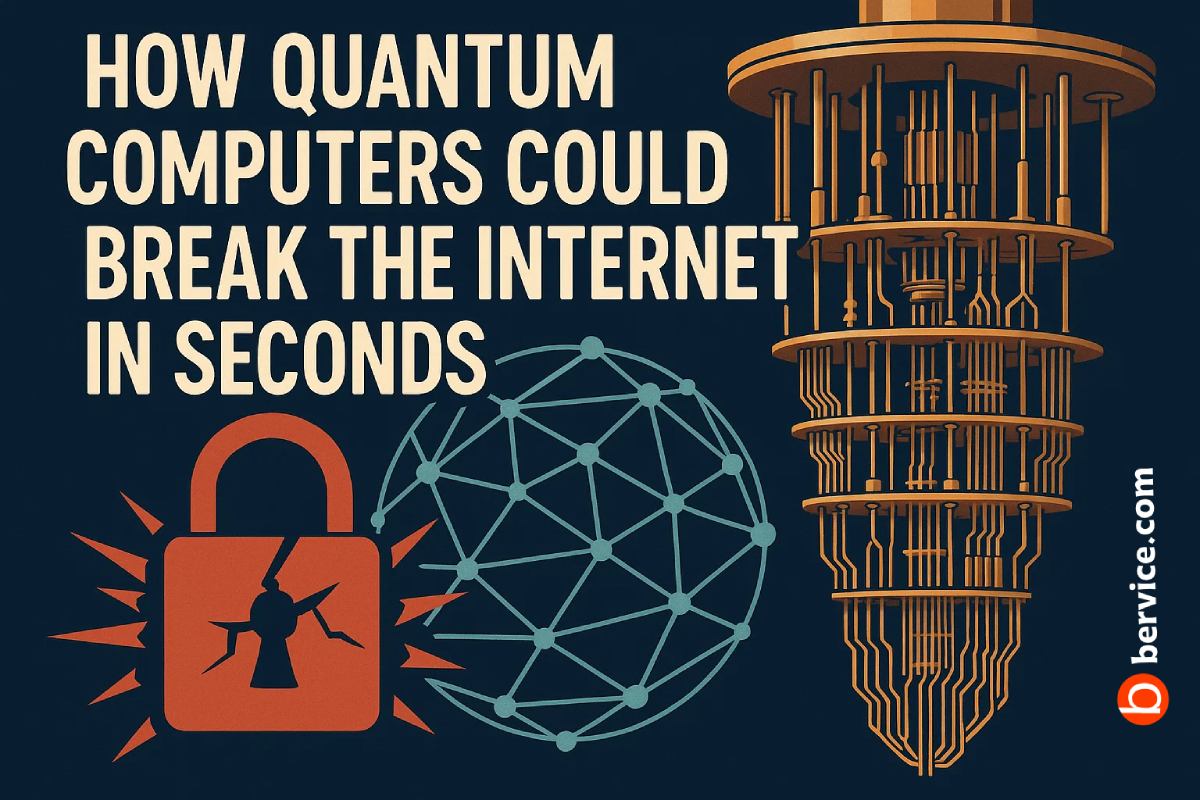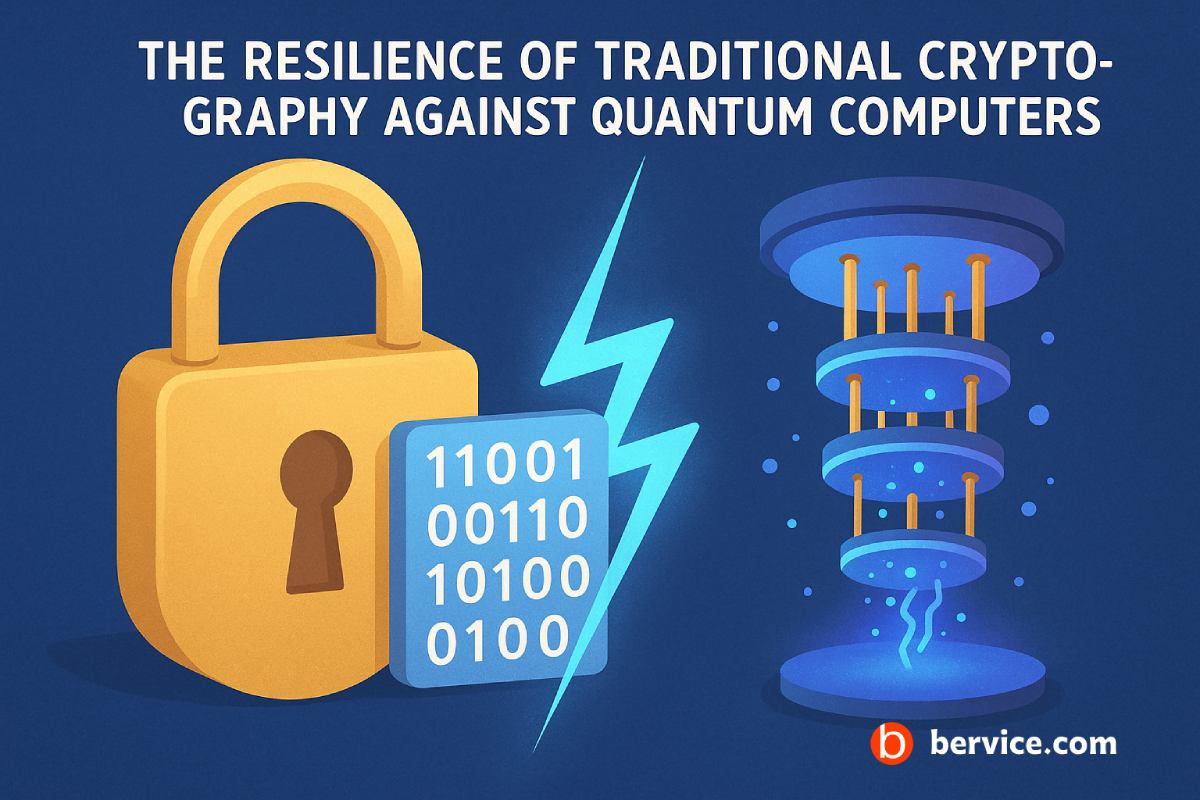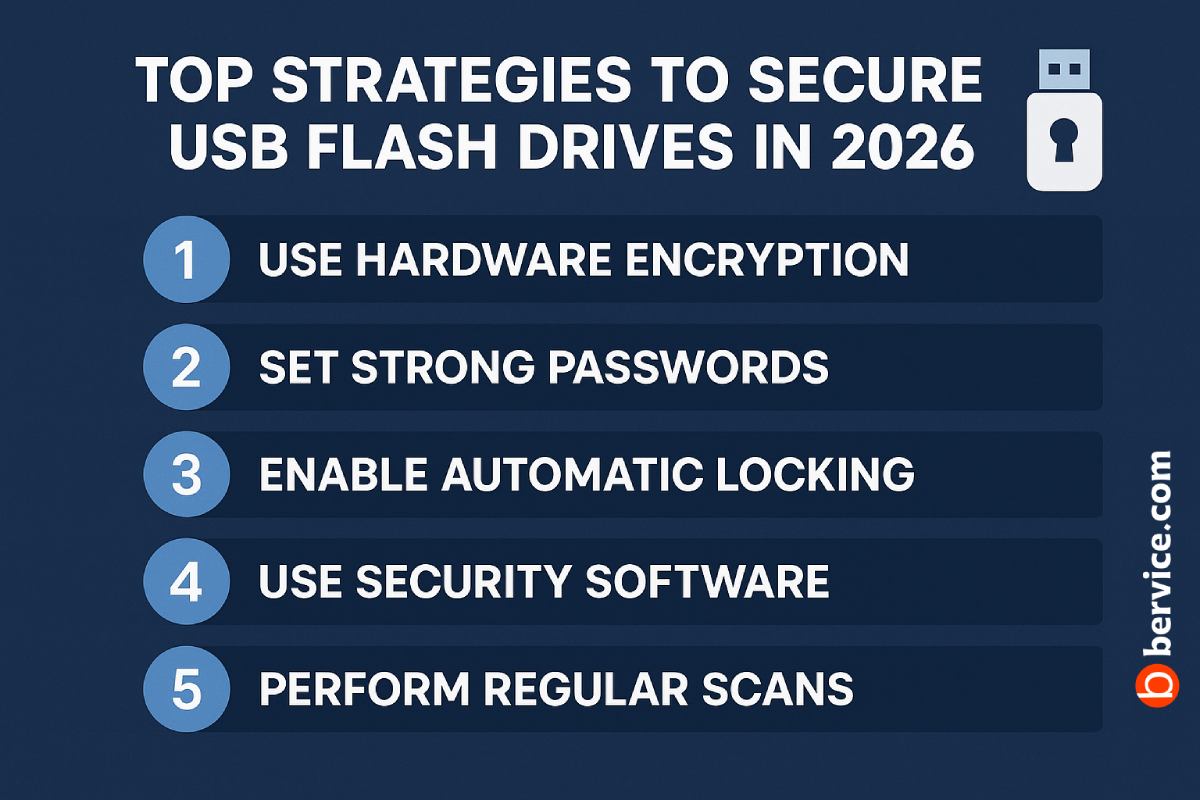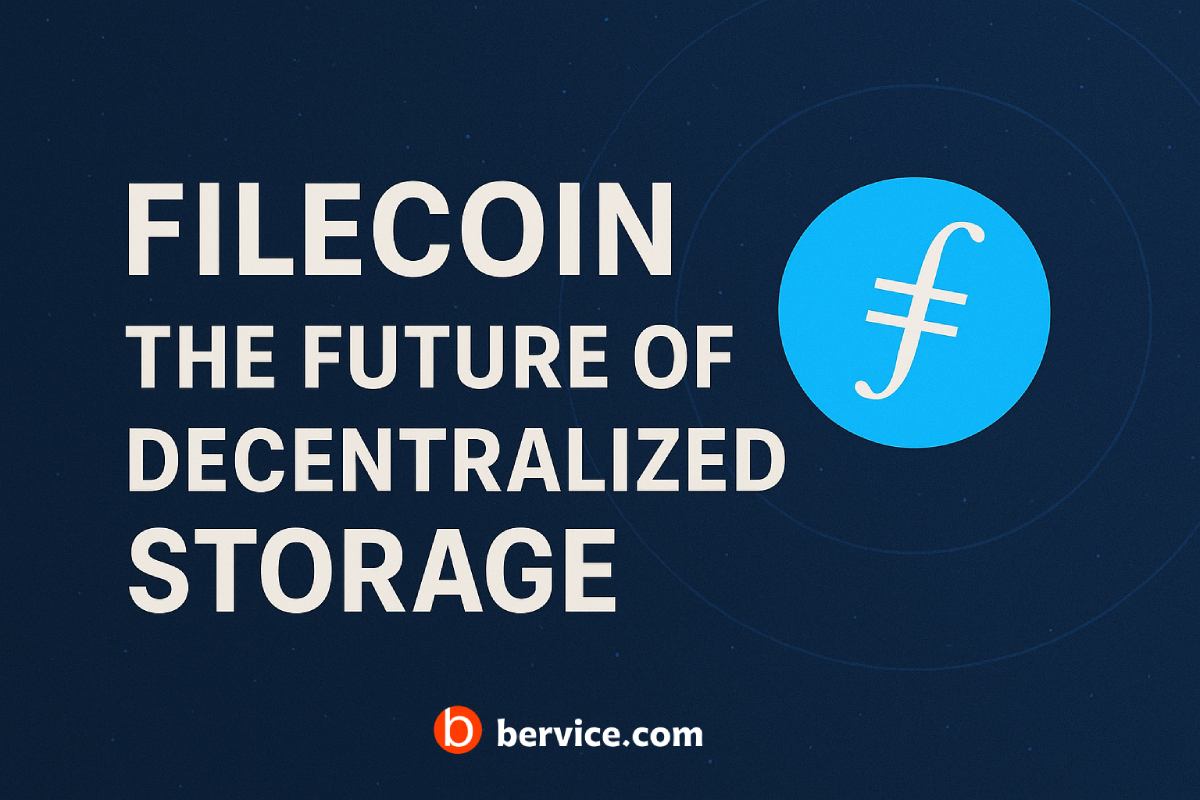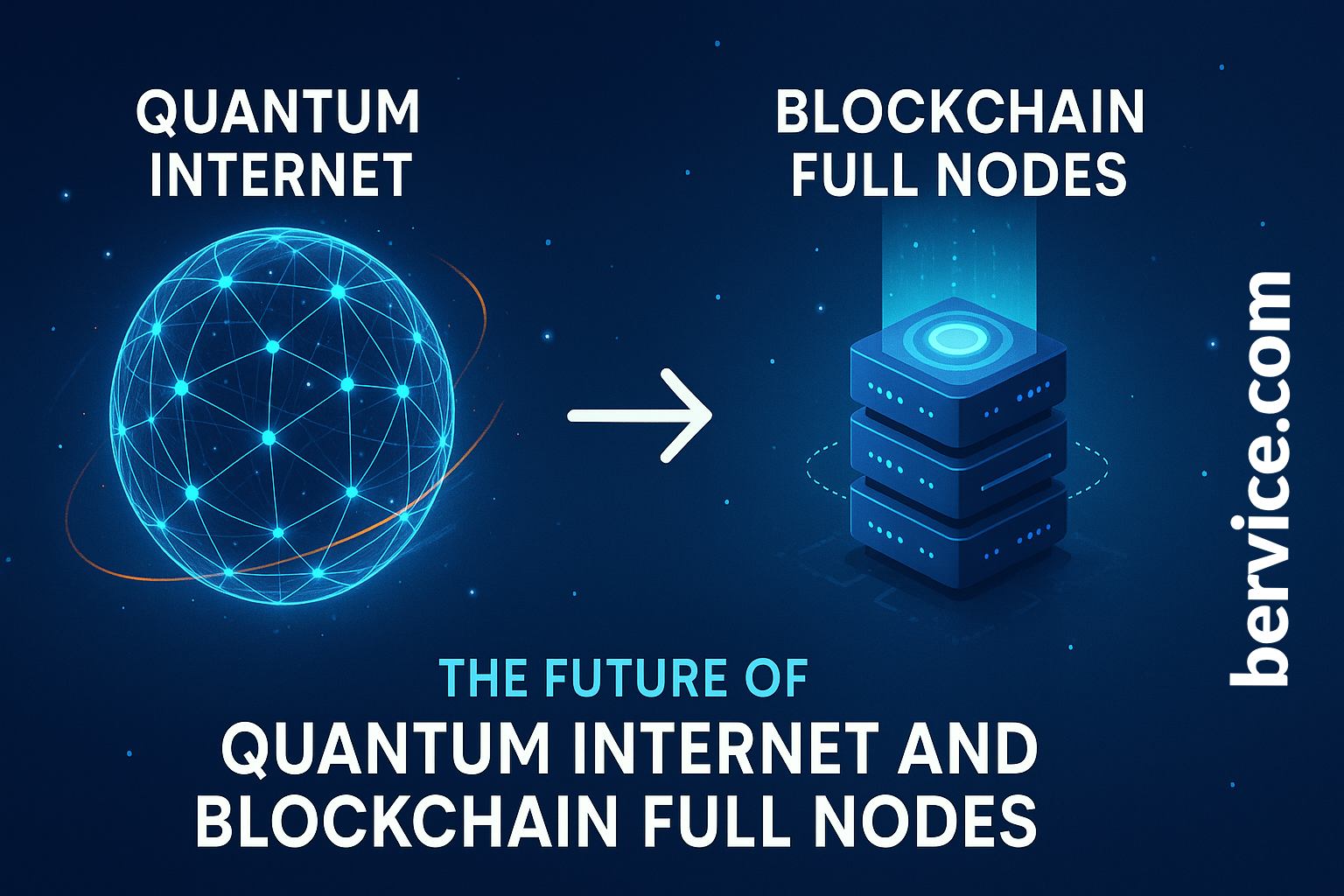
The advent of quantum computing has sparked considerable interest across various industries, particularly in the realms of encryption, data security, and blockchain technology. As quantum computing evolves, so too does the potential for a transformative quantum internet that could redefine the digital landscape. Coupled with the rise of blockchain technology, particularly full nodes in decentralized networks, the synergy between quantum internet and blockchain holds profound implications for the future of data storage, security, and decentralized finance (DeFi).
1. Quantum Internet: An Overview
Quantum internet refers to a network of quantum computers that can exchange information via quantum entanglement and quantum communication protocols. Unlike classical internet, which relies on the transmission of classical bits (0s and 1s), the quantum internet leverages quantum bits, or qubits. This allows for the transfer of information in ways that classical systems simply cannot replicate. Through quantum encryption, data sent over this network can be theoretically immune to certain types of cyberattacks, as any attempt to intercept quantum data would alter its state, rendering it detectable to the sender and receiver.
In theory, quantum internet could lead to a dramatic leap forward in security, offering a new form of communication that would be extremely difficult—if not impossible—to eavesdrop on. For blockchain systems, where data security is paramount, the integration of quantum internet could provide the foundation for next-generation secure communications and transactions.
2. Blockchain Full Nodes: The Backbone of Decentralized Networks
Full nodes play a crucial role in blockchain networks by maintaining the integrity and security of the blockchain ledger. A full node is a computer that has a complete copy of the blockchain and is responsible for validating and relaying transactions to other nodes in the network. This decentralization ensures that there is no central authority controlling the network, making blockchain technology inherently secure and resistant to censorship.
As blockchain technology continues to expand, particularly in decentralized finance (DeFi) applications, full nodes become more important than ever. They help maintain the transparency and immutability of the blockchain by verifying all transactions and ensuring that the consensus mechanism is followed. Full nodes are integral to providing security against attacks like double-spending or Sybil attacks, where malicious actors might try to take control of the network.
3. The Quantum Threat to Blockchain Security
While blockchain’s decentralized nature provides significant security advantages, quantum computers pose a potential threat to the cryptographic algorithms that underpin blockchain systems. Current blockchain networks rely heavily on encryption methods such as RSA and ECC (Elliptic Curve Cryptography) to secure transactions and ensure that users’ private keys are kept safe. However, quantum computers have the theoretical capability to break these encryption methods much more efficiently than classical computers, thanks to their ability to perform complex computations in parallel.
Shor’s algorithm, a quantum algorithm, can factor large numbers exponentially faster than classical algorithms, meaning that the encryption methods used in blockchain systems could become obsolete in the presence of sufficiently powerful quantum computers. This presents a major challenge for the future of blockchain technology, as it would undermine the security mechanisms that are central to its operation.
4. Synergizing Quantum Internet and Blockchain Technology
Despite the potential quantum threat to blockchain security, the synergy between quantum internet and blockchain offers promising opportunities for innovation. One of the most exciting prospects is the development of quantum-resistant cryptographic algorithms, which are designed to withstand attacks from quantum computers. These quantum-safe cryptographic methods would be used to secure transactions on blockchain networks, ensuring that the integrity and security of decentralized systems remain intact even in a post-quantum world.
Quantum internet could also facilitate the development of faster, more secure, and more efficient blockchain networks. By leveraging quantum communication, blockchain transactions could be conducted with a higher level of encryption and at significantly faster speeds. Additionally, quantum key distribution (QKD) could be employed to exchange encryption keys securely, ensuring that blockchain nodes can communicate with each other without the risk of key interception.
Moreover, quantum networks could enable true randomness for blockchain consensus mechanisms. This could improve the efficiency and security of consensus algorithms like Proof of Work (PoW) and Proof of Stake (PoS), reducing the likelihood of attacks and improving the overall robustness of blockchain networks.
5. The Road Ahead: Challenges and Opportunities
The integration of quantum internet and blockchain technology presents both challenges and opportunities. On the one hand, developing quantum-safe algorithms and building quantum internet infrastructure will require significant investment in research and development. Moreover, blockchain networks will need to be upgraded to support these new quantum-resistant protocols without disrupting the existing decentralized ecosystem.
On the other hand, the potential benefits of this integration are enormous. Quantum internet could revolutionize blockchain security by offering unparalleled encryption and secure communication channels. It could also open up new avenues for blockchain applications in fields like quantum computing, secure data sharing, and even voting systems.
As quantum technology continues to evolve, it will be crucial for the blockchain community to stay ahead of the curve by adopting quantum-safe practices and preparing for the eventual advent of quantum internet. This proactive approach will ensure that blockchain networks remain secure, decentralized, and resilient in the face of future technological advancements.
6. Conclusion: A Future of Unmatched Security and Efficiency
In conclusion, the future of quantum internet and blockchain full nodes is both exciting and challenging. While quantum computing poses a significant threat to current blockchain encryption methods, it also offers the opportunity to develop more secure and efficient systems. By integrating quantum-resistant cryptography and leveraging the capabilities of quantum internet, blockchain networks can evolve to meet the demands of a post-quantum world.
The synergy between quantum internet and blockchain technology holds the potential to create a new era of secure, decentralized communication and transactions. However, this future will require collaboration, research, and careful planning to ensure that both technologies can coexist and thrive. As we look to the future, the convergence of these groundbreaking technologies will redefine the digital landscape, offering a level of security and efficiency that was previously unimaginable.
Connect with us : https://linktr.ee/bervice
